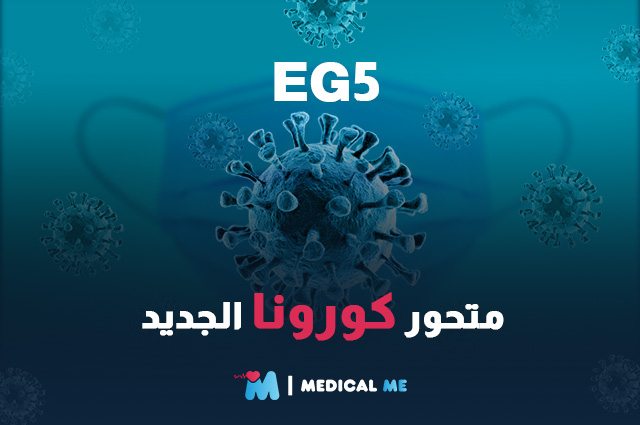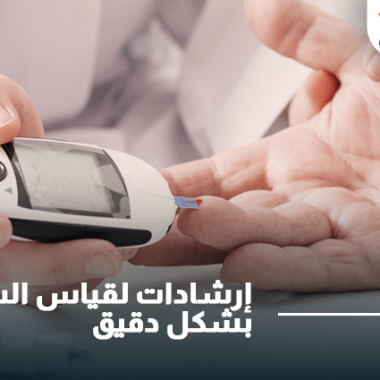EG.5 (Eris): The New Mutated Version of Coronavirus
The World Health Organisation (WHO) has designated a new strain of Covid-19 called EG.5 as a “variant of interest“. Which means that the WHO is monitoring the variant closely for mutations that could make it more severe or transmissible.
What is EG.5?
EG.5 is a sublineage (strain) of the Omicron variant of Covid-19. It was first identified in Indonesia in February 2023 and has since been detected in more than 50 countries, including the United States, China, the United Kingdom, and India.
EG.5 has several mutations that are not found in other Omicron strains. One of these mutations is in the spike protein, which is the part of the virus that binds to human cells. This mutation could make EG.5 more transmissible.
History
The first known case of EG.5 was reported in Indonesia in February 2023. The variant quickly spread to other countries, and by March 2023, it was responsible for about 10% of global Covid-19 cases.
Symptoms
The symptoms of EG.5 are similar to those of other Omicron strains. They may include:
-
- Cough.
- Sore throat.
- Runny nose.
- Headache.
- Fatigue.
- Muscle aches.
- Chills.
- Fever.
- Some people with EG.5 may also experience more severe symptoms, such as shortness of breath, difficulty breathing, and chest pain.
Complications
The complications of EG.5 are also similar to those of other Omicron strains. They may include:
-
- Pneumonia.
- Acute respiratory distress syndrome (ARDS)
- Multisystem inflammatory syndrome in children (MIS-C)
- Death.
Treatment
There is no specific treatment for EG.5. Treatment is supportive and may include:
-
- Rest.
- Plenty of fluids.
- Over-the-counter pain relievers, such as ibuprofen or acetaminophen.
- Oxygen therapy, if needed.
Prevention
The best way to prevent EG.5 is to get vaccinated and boosted against Covid-19. Vaccination and boosting can help protect you from getting sick, even if you do get infected, as it has been designated by WHO that Covid-19 vaccine doesn’t prevent being infected with Eris!
Other ways to prevent EG.5 include:
-
- Wearing a mask in indoor public settings.
- Practicing social distancing.
- Washing your hands often.
- Avoiding close contact with people who are sick.
Stages of infection
The stages of infection with EG.5 are similar to those of other Omicron strains including Covid-19 and Influenza. They may include:
Incubation period: The incubation period for EG.5 is typically 2-4 days, but it can range from 1-14 days.
Early symptoms: The early symptoms of EG.5 Coronavirus are similar to those of a cold or the flu. They may include a runny nose, sore throat, headache, and fatigue.
Peak viral load: The peak viral load for EG.5 Coronavirus is typically 2-4 days after the onset of symptoms. This is when the virus is most likely to be spread to others.
Convalescence: The convalescence period for EG.5 is typically 7-10 days, but it can last longer in some people.
People who are most likely to get infected
Anyone can get infected with EG.5, but some people are more likely than others. These include:
-
- People who are not vaccinated or boosted against Coronavirus.
- People who have underlying health conditions, such as heart disease, lung disease, or diabetes.
- People who are older or have a weakened immune system.
How to spread awareness towards such sensitive situation
There are many ways to spread awareness about EG.5 and other mutated viruses. These include:
-
- Talking to your friends and family about the importance of getting vaccinated and boosted against Covid 19.
- Sharing information about EG.5 and other mutated viruses on social media.
- Contacting your local elected officials and urging them to take action to protect public health.
- Providing accurate information about EG.5 and other mutated viruses to the media.
- Supporting organisations that are working to combat Coronavirus.
The overall situation in Egypt
As of August 2023, there have been no confirmed cases of EG.5 in Egypt. However, the WHO has warned that the virus is likely to spread to other countries, including Egypt.
The overall situation in Egypt is relatively stable. The number of new Coronavirus cases has been declining in recent weeks, and the number of deaths has remained low. However, the WHO has urged Egyptians to remain vigilant and to get vaccinated and boosted against Covid-19.
The emergence of EG.5 Coronavirus is a reminder that the CCoronavirus pandemic is not over. It is important to stay up-to-date on the latest information about the virus and to take steps to protect yourself and your loved ones.
Some information about EG.5 Coronavirus (Eris)to keep in mind
-
- The virus is still evolving, so it is possible that it could become more severe or transmissible in the future.
- There is no guarantee that vaccines and boosters will be effective against EG.5. However, they are still the best way to protect yourself from the virus.
- It is important to stay home if you are sick and to get tested for Covid-19 if you have symptoms.
- You can help to prevent the spread of EG.5 by washing your hands often, wearing a mask in indoor public settings, and avoiding close contact with people who are sick.
- The Covid-19 pandemic is a complex and evolving situation. It is important to stay informed and to take steps to protect yourself and your loved ones.
You can read more about :
Allergy – Causes, treatment, and prevention.















It’s a well written Blog.. Thanks for sharing this supportive info